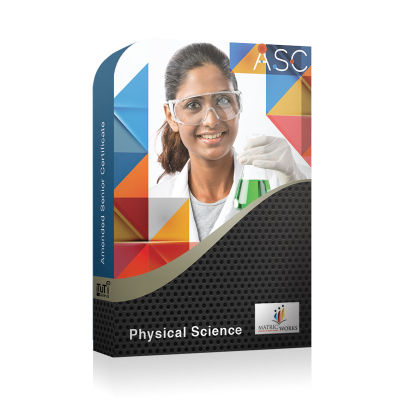ASC English – Home Language
English Home Language provides for language proficiency that reflects the mastery of basic interpersonal communication skills required in social situations, as well as the cognitive academic skills essential for learning across the Grade 12 curriculum. Emphasis is placed on the teaching of: listening, speaking, reading and writing.
To familiarise yourself with the curriculum outline in more detail, please click on the Curriculum Assessment Policy Statements (CAPS) as per the Department of Education.
If you are a private individual, choose this option if you want to enrol at a college to help you pass your Adult Matric.
If you are a business, choose this option if you want to offer Adult Matric to one ormore of your staff members.
Enquire aboutWorkplace ASC Courses
English Home Language provides for language proficiency that reflects the mastery of basic interpersonal communication skills required in social situations, as well as the cognitive academic skills essential for learning across the Grade 12 curriculum. Emphasis is placed on the teaching of: listening, speaking, reading and writing. English Home Language also provides learners with a literary, aesthetic and imaginative ability that will provide them with the ability to recreate, imagine, and empower their understanding of the world they live in.

Additional information
| Learning Aims: | Learners are guided towards developing the following knowledge, skills and attitudes: 1. acquiring the English Language skills required for academic learning across the curriculum |
|---|





